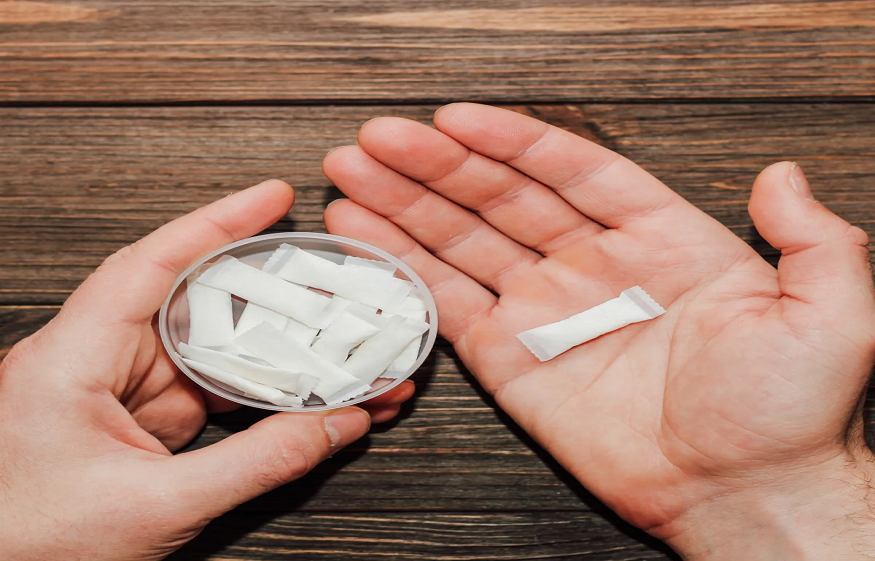The advantages of involving the family in the recovery process
You cannot heal without your loved ones being actively involved in your treatment plan. Addiction and the early stages of recovery can devastate the person seeking assistance and their friends and family. Physical, emotional, and mental fatigue are common during healing. When working on your recovery, you may have to be vulnerable and talk about prior traumas and negative experiences to get to the bottom of your addiction. In the same vein, healing both you and your family requires attending to your addiction’s impact on those closest to you. Addiction’s destructive effects have broken up many happy families. Your loved ones may suffer due to your bad choices, such as lying, erratic conduct, legal difficulty, or financial difficulties. This is why having loved ones participate in your treatment and recovery is so important. Having support from loved ones during recovery from addiction has been shown to improve long-term success.
Contributions of Family Participation
1. Decreased relapse potential
Relapse rates after treatment may be reduced for those with family support and involvement. This is because education regarding addiction, its root causes, and how to deal with relapse is commonly provided to the patient’s loved ones. Involving family members in your recovery process can provide you with a solid foundation of support. Those who don’t have family backing are more likely to relapse after therapy because they lack an added source of accountability. Therefore, individuals may be more prone to returning to pre-treatment levels of substance abuse.
2. Education
Most residential alcohol rehab facilities provide psychoeducation on addiction to patients’ loved ones. This is because many individuals have false impressions and assumptions about addiction. Workshops, individual and group therapy, and sessions with some of the treatment center’s personnel are all potential venues for the training. The family will understand the dynamics of addiction, including its origins, triggers, and potential effects on each member of the family unit. They will gain knowledge about how to heal themselves and help a loved one who is recovering. Education of this sort is a tool that can be used to lessen the likelihood of relapse following therapy.
3. Hope as a Present
Having family members invested in your recovery is a powerful demonstration of their love and support and can give you the fortitude to stick with it despite the difficulties you may encounter. This support might help you feel that healing is attainable and that your loved ones have your back. Hope for healing can become more palpable when loved ones get insight into how they can assist you.
4. Healing Wounds
The importance of family support during rehabilitation in alcohol abuse treatment centers cannot be overstated. It can help rebuild familial bonds frayed during your addiction, which may be essential to your long-term sobriety. Families can be torn apart by the effects of poor behaviors and the consequences they may have incurred during active addiction. Your family may have experienced many negative feelings due to your acting out, lying, stealing, and other bad actions. Family therapy and the support of loved ones can help mend the relationships broken by your addiction.
What Your Family Can Do to Assist
Several family members can play a vital role in your healing process. Your first step should be discovering where you and your loved ones may learn more about addiction and mental health. In the early stages of recovery, it will be incredibly helpful to have a therapist or counselor tell them about the origins of addiction, how it progresses, why it is considered a chronic condition, what is involved in the recovery process, and how to aid after treatment. Moreover, searching through drug and alcohol rehabilitation centers will make it easier.
The second factor contributing to a successful recovery is having a therapist teach your loved ones how to hold you accountable and set healthy limits. You can add an extra layer of accountability by having them accompany you to your 12-step meetings and aftercare appointments or by having them conduct weekly drug tests. To prevent relapse, it is important to let loved ones know if you are facing a difficult scenario that may be a trigger.
Last but not least, it is crucial that your family participate in counseling, which is often suggested after treatment has concluded. If you and your loved ones stick to the treatment plan designed to help you heal as a family, you can all keep acquiring the skills you’ll need to adjust to your new family dynamic and deal with any obstacles you encounter. They can build on the foundational skills they acquired in rehab and assist in processing any residual unpleasant feelings triggered by the addiction. A therapist can help them develop healthy coping mechanisms, making them more capable of supporting your rehabilitation.



